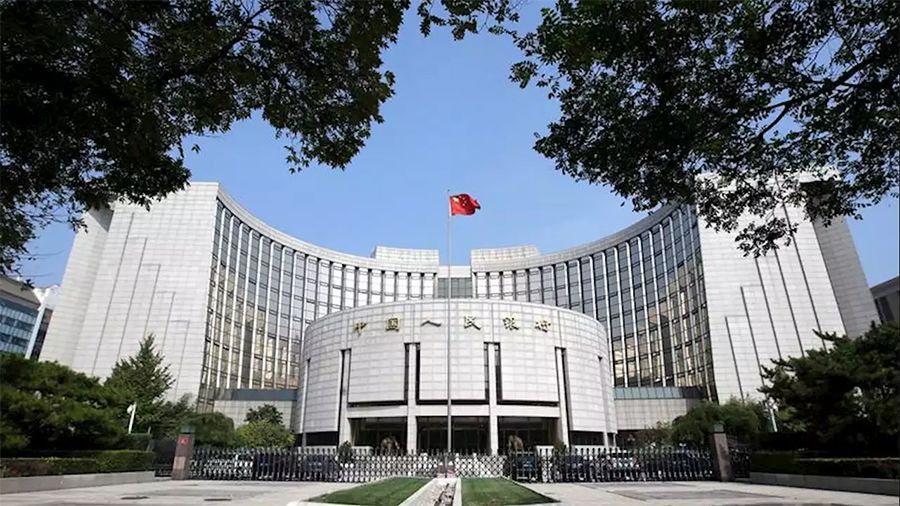At the request of the Central Bank of China, banks and financial institutions must stop serving any customers working with cryptocurrencies. The directive of the regulator has already been followed by the Agricultural Bank of China.
The People’s Bank of China (PBOC) held a meeting with local banks and mobile payment operators, at which it demanded that they stop providing services to customers who make any transactions with digital assets. At the meeting, the Agricultural Bank of China (AgBank), Industrial and Commercial Bank of China, China Construction Bank, China Postal Savings Bank, Industrial Bank and AliPay mobile payment service were represented.
The PBOC also stated that all banks and payment institutions in the country should not open new accounts for clients whose activities are related to virtual currencies. The regulator called on banks to analyze monetary transactions more thoroughly and identify accounts that may interact with cryptocurrency exchanges and platforms for over-the-counter cryptoassets (OTC) trading. Banks must identify the hallmarks of cryptocurrency-related transactions and improve the way they track and process such transactions.
After the meeting, the Agricultural Bank of China (AgBank) immediately expressed its readiness to follow the instructions of the NBK. The bank’s management said it intends to implement tough measures to combat cryptocurrencies. To do this, the bank will screen its customers to make sure they are not engaging in illegal mining or cryptocurrency trading activities. AgBank will immediately close accounts and suspend services to any customers engaged in these activities. The bank has previously asked its customers to report any fraudulent cryptocurrency transactions.
China’s regulators have launched widespread pressure on the industry following statements from the Committee for Financial Stability and Development of China about a possible ban on mining and cryptocurrency trading. So, at the beginning of the month, the Chinese state media already warned the public about the risks of investing in cryptocurrencies. Chinese internet services and social networks have also taken an “anti-crypto” stance and have stopped displaying search results on the Binance, Huobi and OKEx marketplaces.
Even registered mining farms, which are now banned from supplying electricity in many Chinese provinces, have suffered from the actions of local regulators. This is forcing miners to move to other jurisdictions that are more crypto-friendly.







